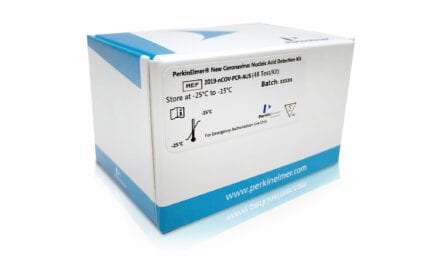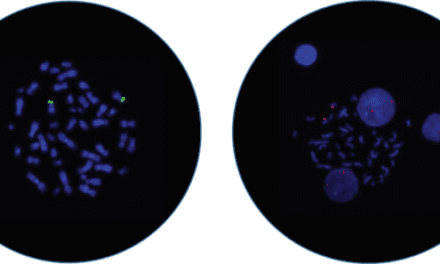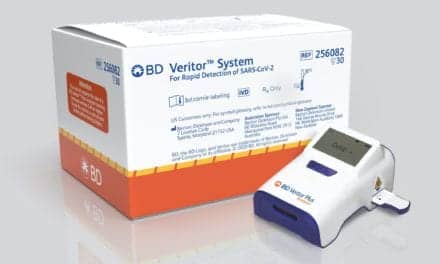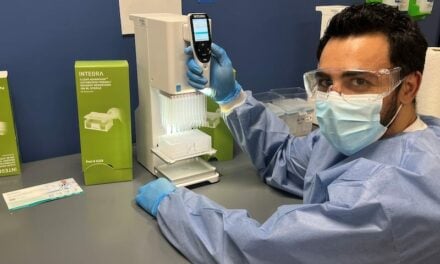London-based PCR Biosystems has launched a range of IsoFast Bst Polymerase reagents for rapid, robust, and sensitive DNA and RNA amplification. Through its nucleic acid strand displacement capabilities, Bst polymerase eliminates the need for the high temperature denaturation step associated with traditional Taq enzymes. This enables faster time to result and facilitates DNA and RNA amplification in the field without specialized thermocycling equipment.
The new range of IsoFast Bst reagents from PCR Biosystems can be used for a variety of techniques including whole genome amplification, multiple displacement amplification, and isothermal amplification. Scientists performing DNA and RNA amplification using IsoFast Bst Polymerase can benefit from consistent results over a wide dynamic range and sensitivities down to three copies of target DNA (10fg).
To continue PCR Biosystems’s support of the global fight against covid-19, the Bst Polymerase reagents have been validated for qualitative detection of the SARS-CoV-2 nucleic acid. Combined with the reagents’ suitability for use in the field, this validation opens the potential for rapid SARS-CoV-2 testing in environments such as airports, hospitals, or care homes, without the need for a central laboratory, delivering results in 30 minutes and supporting initiatives for community or regular testing to safeguard public health. Sensitivities down to 12 copies of SARS-CoV-2 targets can be achieved.
“DNA and RNA amplification has been a staple technique in the scientific toolbox for more than 40 years, and with its application for SARS-CoV-2 diagnostic testing, there has been an increased demand for rapid and reliable reagents for mass testing,” says Alex Wilson, co-founder of PCR Biosystems. “The launch of the IsoFast Bst Polymerase range aligns with our commitment to provide robust solutions to support covid-19 testing and will continue to expand diagnostic capabilities for viruses such as Zika and Ebola long after the covid-19 pandemic.”
For more information, visit PCR Biosystems.





